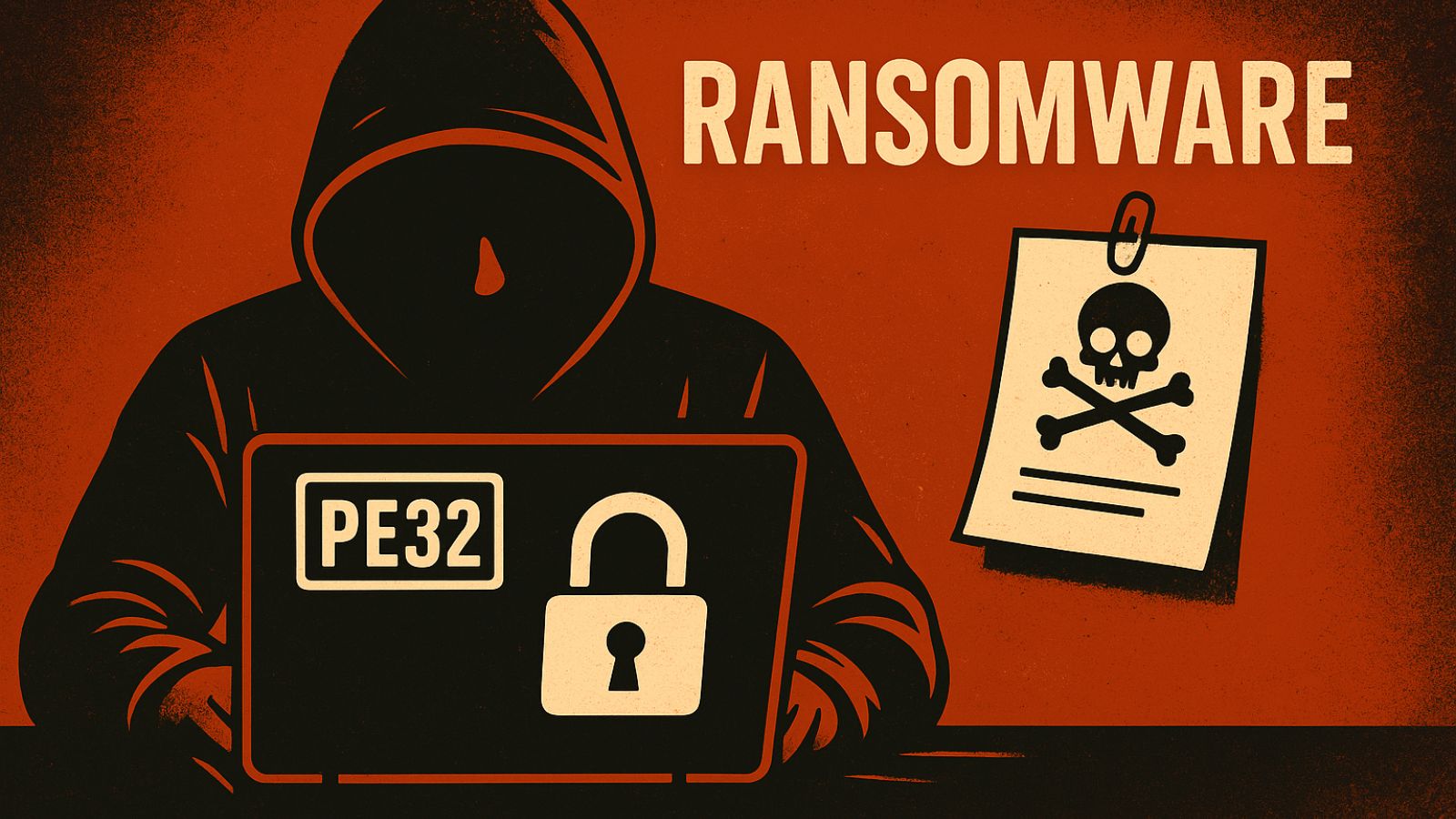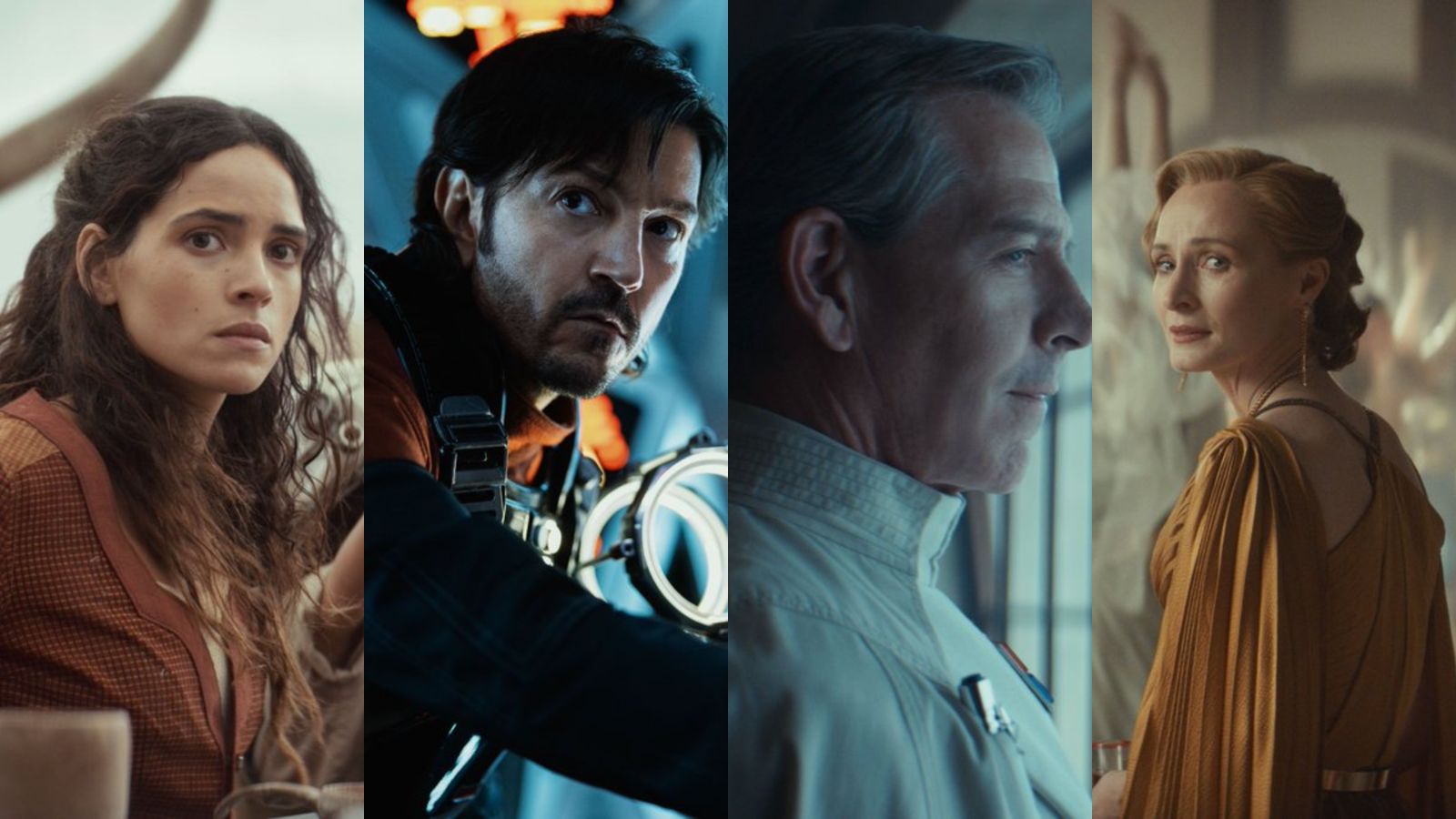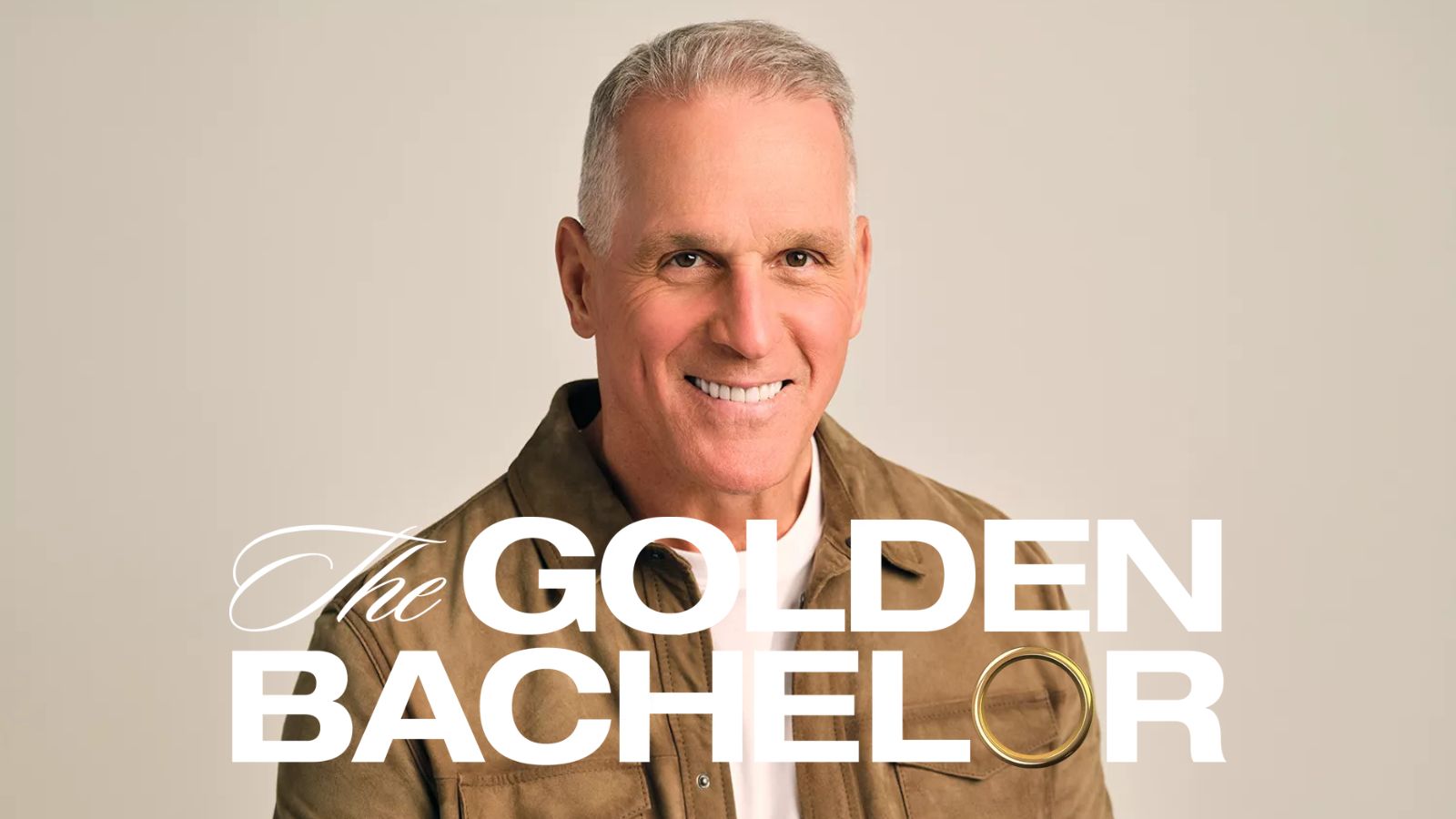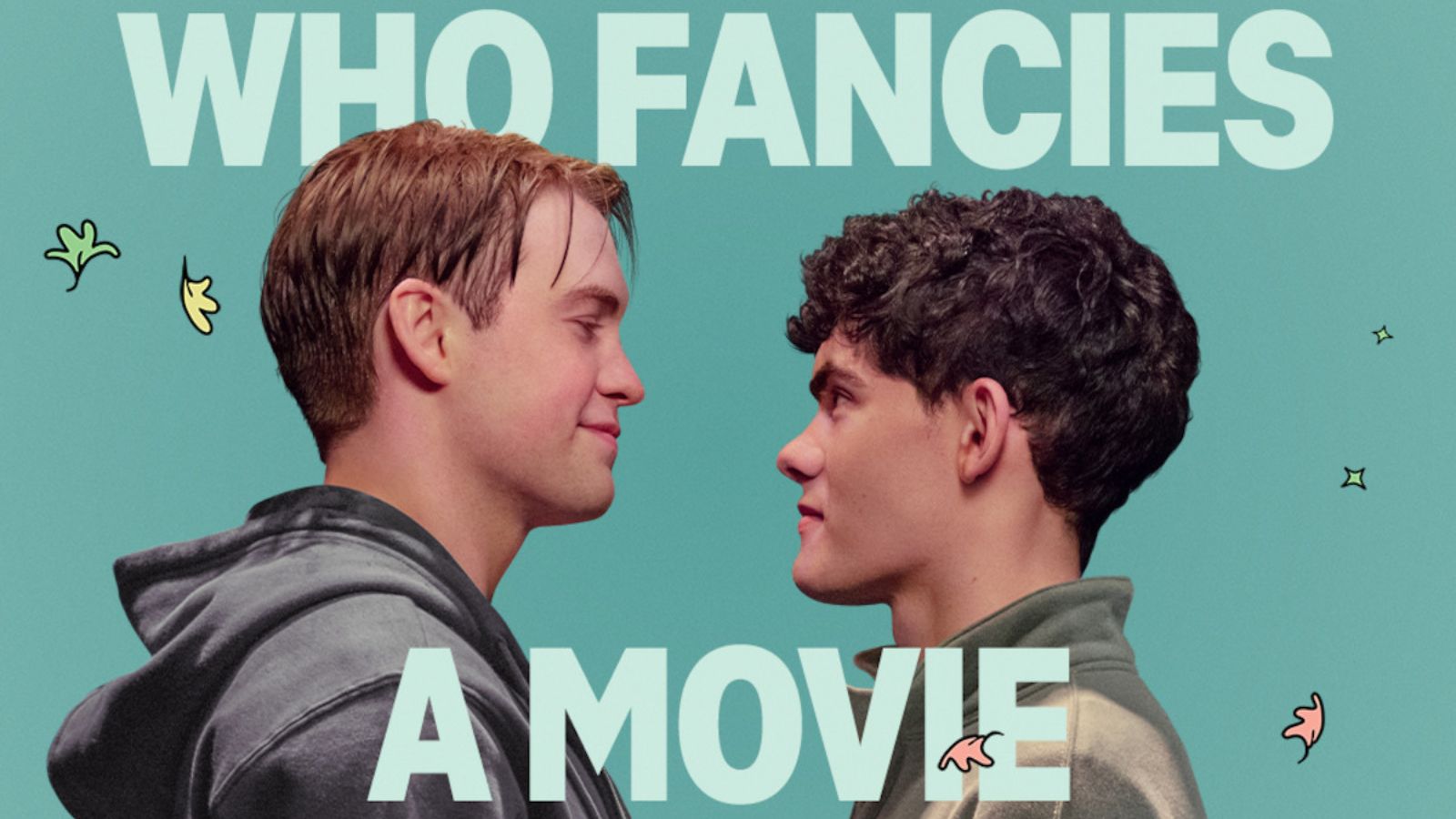
U.S. Federal Court Ruling Leaves Locast and Its Users Hanging
- Locast was deemed commercial by a New York court based on the fact that it receives donations.
- This vindicates the group of broadcasting giants that want to have the non-profit shut down.
- Locast is now considering its options, as giving up on millions of users becomes a real possibility.
The U.S. District Court at the Southern District of New York has ruled that Locast, the widely used nonprofit TV streaming service, is not protected by an exception to copyright law based on 17 U.S.C. 111(a)(5). of the Copyright Act. This comes as a shock to the service and its millions of users, who were relying on it to access broadcasts that were outside their reach, either physically or financially.
Locast is an “experiment” of a New York attorney, David Goodfriend, who figured that a platform is exempted from copyright laws if it's nonprofit - based on the applicable regulations. The service is offering live-TV streaming, and it is granted to users free-of-charge in certain cities and metropolitan areas in the U.S. Only about 1.5 years after its establishment, Locast got into legal trouble as ABC, CBS, FOX, and NBC, submitted a lawsuit against it, alleging copyright violations and claiming that the service actually benefits their competitors, and as such, cannot be seen as a neutral entity.
Locast fought back by suing the group of broadcasters back, accusing them of conspiracy and violation of market competition laws. Simultaneously, the nonprofit denied the allegations of being secretly supported by AT&T and Dish Networks to undermine the plaintiffs' success in the local markets where it offers its free streams.
The recent ruling of the New York court concerns the first lawsuit and accepts the argument of the plaintiffs that the user donations to Locast are “charges” for the service, so the platform automatically becomes commercial. As EFF points out, this is a bogus claim as Locast was merely covering its operational costs with these voluntary donations, so the owner never really generated any profit.
The millions of people who relied on Locast to get free access to news, cultural programming, and even entertainment may soon have to pay for expensive pay-TV services as things look bleak for the non-profit. Goodfriend is an accomplished and resourceful lawyer, so we’re sure he won’t give up before all options are explored, but fighting entertainment giants in court has an unbearable cost in the long run, so it won’t be easy for a non-profit organization to engage in a lengthy war with them.







